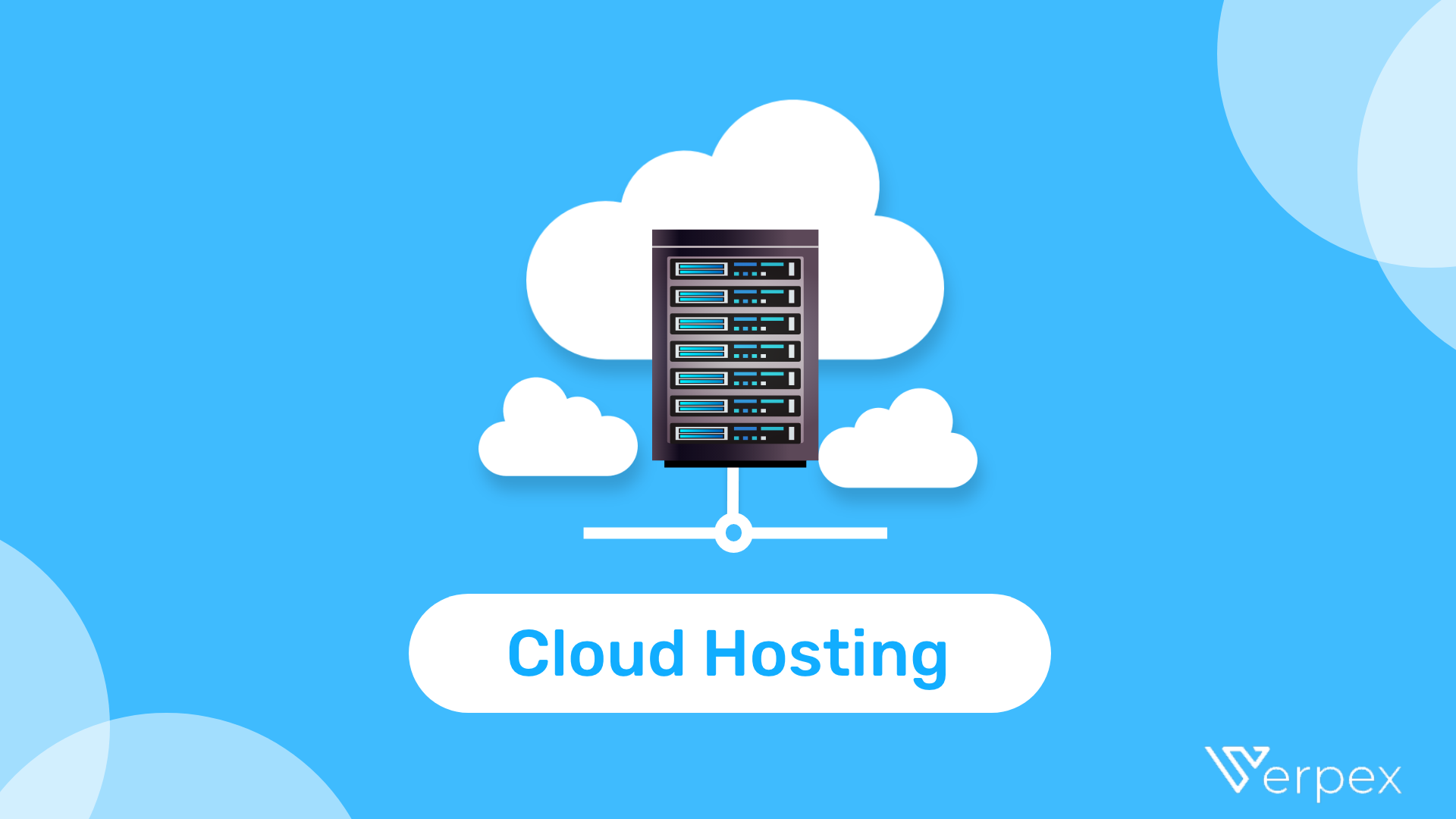Like selecting between purchasing and leasing a car, running your data center involves trade-offs between various benefits and hazards. Whatever fits for you today might not be appropriate for your needs in the future, and each has a unique pricing structure. It might be challenging to weigh your alternatives when making such a big choice because safety, management, and cost are all important considerations.
There is indeed a great deal of information to take into account when deciding which server is appropriate for your company. In-house servers (also known as dedicated servers) and managed cloud hosting servers are the two most prevalent choices. There are significant differences in the user experience, implementation time, and cost even while they carry out comparable fundamental duties to store, exchange, and secure information and data.
Now could be a good time to think about switching to a cloud server if your company has outgrown its internal server and you want to change or update. Adopting cloud technology early on may be preferable to an internal server if your company is growing to new cities or nations.
In-House Servers vs. Cloud Servers: Key Differences
Let’s examine some variables that might influence your decision on whether to employ an internal server or a cloud service provider. This issue, like many others in technology, is always evolving as new goods and services are made accessible.
Pros & Cons Of In-House Servers For Businesses
Pros:
- Total Control – Abandoning physical control of a server is not even a possibility for everyone. Hosting the server inside is the ideal choice for situations that require instant access to the physical server.
- High Performance – HPC computing places heavy demands on a server’s processing speed and storage needs. Many tasks may be done more quickly and effectively in-house, especially if they call for cutting-edge gear.
- Regulation and Compliance Rules – This may prevent the storage of some sensitive data (financial, government, and medical) in the cloud. Although there are more possibilities now, thanks to cloud encryption, this is still ongoing work.
Cons:
-
- Investment Up Front – This may be catastrophic for tiny businesses without an IT specialist on staff and significant for larger businesses. Although renting servers might reduce some of the expenses, managing your data center locally is still necessary.
- Space Factors – Servers take a considerable room, draw a lot of electricity, and produce heat. Your company’s servers require a safe location, electricity, and conditioning in order to function properly.
- Security – Keeping your servers may sometimes make you feel safer, but it’s doubtful that your team has the expertise that large corporations such as Google & Amazon can recruit to ward off criminals. In terms of getting physical access to the container, their data centers are likewise quite secure.
Pros & Cons Of Cloud Servers For Businesses
Pros:
- Scalability – The cloud makes it simple and quick to add extra memory, storage, and processing power. In comparison to using your own hardware, adding any of these to an online server is typically only a few taps away and may be deployed in hours rather than days or weeks.
- Mobile Connections – Without the hassle of VPNs, employees may log in and work from everywhere by storing information or running programs in the cloud. All of these devices can be easily backed up via the cloud, regardless of where they are.
- Security – This is a contentious issue because you depend on others to protect access to this information, but cloud providers have the know-how to guarantee your data is secure. Companies like Google, Amazon, and Microsoft are aware that their reputation is on the line.
- Low Capital Expense – By switching to the cloud, your commitment to hardware is significantly reduced, albeit you’ll still need to buy software licenses. This enables small businesses to launch fast without having to invest a lot of money.
Cons:
- Services Outages – Even Amazon has these from time to time. Accessibility to your apps and non-stored data also disappears when they do. Although they don’t happen often, they may be very disruptive when they occur.
- Internet Speed Limitations – It can take much longer to transfer large data files back and forth across the web than it would over a quick local connection. When dealing with huge 4K video files, this is the situation.
- Data Recovery Takes A Long Time – Data backup on the cloud is simple, but even with a fast internet connection, recovering significant volumes of data will take a while.
The Final Verdict: What Is The Best Choice?
There are many factors to take into account when deciding whether to employ a cloud service or set up your own internal data center. The utilization of hybrid servers, which offer advantages of both on-premises and cloud services, is one current trend. A hybrid cloud, for instance, may choose which computation jobs to do locally as well as which ones to transfer to the cloud. Sophisticated hybrid cloud devices understand which data should be kept locally and which should be backed up on the cloud. The hybrid cloud frequently offers the best of the two. That’s why it is growing in acceptance.



